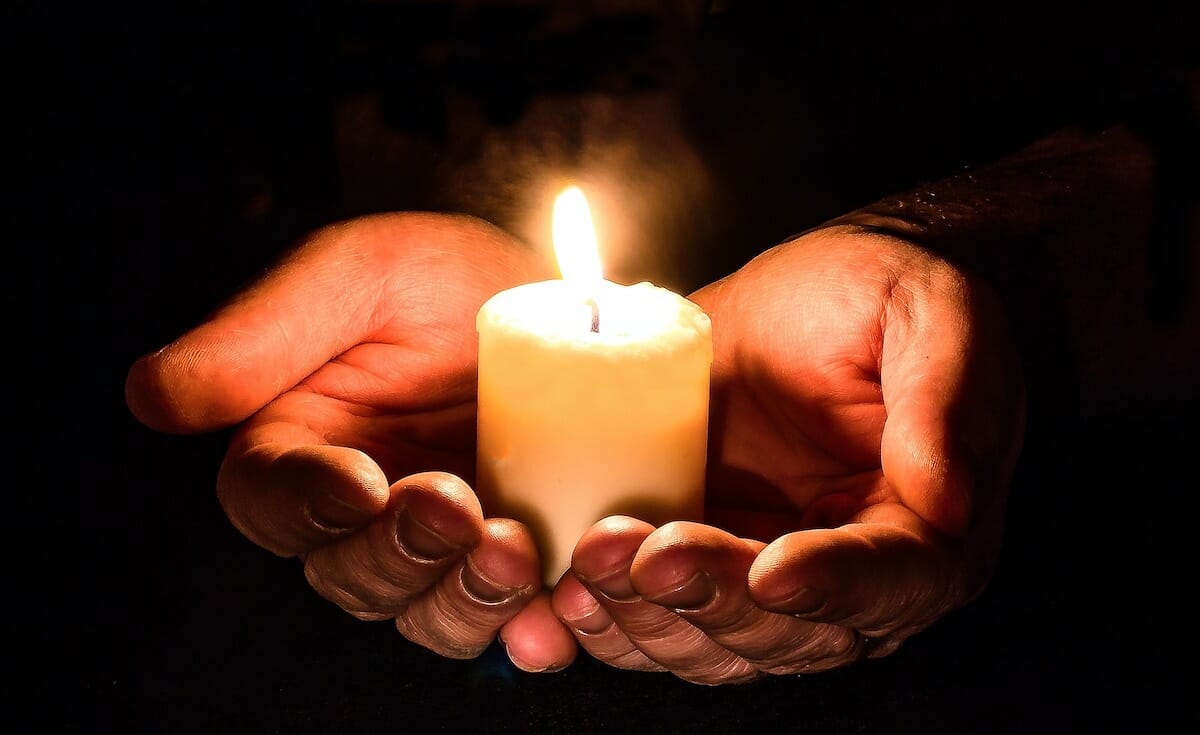In 1954, I was 9 years old, and like most 9 year olds, was consumed with World War II. Many of my friends had German helmets, Japanese belly flags and ceremonial daggers “liberated” by their fathers. Movies like “Sands of Iwo Jima” and documentaries like “Victory at Sea” were reliable entertainment entrees for me and my friends.
In 1954, a movie called “The Bridges at Toko-Ri” was released starring William Holden and Grace Kelley. In that movie a fighter pilot, Lt. Harry Brubaker, is tasked — along with his Navy squadron — to take out three bridges spanning a fictional gorge in Korea. Unlike many “war movies” made at the time, Harry Brubaker is a reluctant, unhappy hero.
Several weeks ago I saw a new Korean War movie, “Devotion”, that also involves blowing-up in bridges in Korea. The pilot in this film was not angry or reluctant about the task; rather he was anguished about the fact that he could not see what was directly in front of his F4 Corsair fighter plane. This was a well-documented flaw in the Corsair’s design and the reason it was sometimes dubbed “The Ensign Killer.”
“Devotion” is focused on the fact that this particular pilot is Black and fitting-into the mostly white U.S. Navy was almost as hard as flying the Corsair itself.
After seeing “Devotion” at Cinemark, Susan and I drove to the Mellow Mushroom for a herb and aioli-sauced pizza as well as discussion of “Devotion”. But I could not get “Bridges at Toko-Ri” out of my head, and our conversation kept going back to “Bridges” and to Brubaker.
Harry Brubaker is a moody lawyer who has been called-up to fight in Korea. He’s not happy about this and actually tells the admiral aboard his carrier how he feels about the war. The admiral, played by Frederick March, likes Brubaker because he reminds him of his son who was killed in World War II.
And so “Bridges” gives us an intelligent conversation about the necessity of war and why some are destined to fight and others get a pass. It is, in my view, some of the best dialogue about the uncertainly and unfairness that comes with living on our strange, beautiful planet.
Dwight Eisenhower was elected President on the strength of his promise to go to Korea and to stop the bloodshed. “Bridges” was shot just after Mark Clark signed the cease-fire documents at Panmunjom. The American people were sick and tired and ready to leave that cold, costly stalemate behind. It is also remarkable that the Navy sanctioned “Bridges” given the moody, ambivalent Brubaker.
Harry Brubaker’s F2H Banshee was, by today’s standards, a smallish jet with a smallish bomb load — 1,000 pounds. The heavy duty bombing was usually undertaken by the propeller-driven A-1 Skyraider that had a maximum bomb load of 8,000 pounds.
After successfully knocking out the bridges at Toko- Ri, Brubaker takes a hit that ruptures his fuel tank. This happens over a secondary target, a fuel dump, that was not anywhere near as important as the bridges he had just destroyed.
The best part of the film is Brubaker’s effort to get his wounded Banshee back to the carrier. There is one final ridge that he must get past. I cannot remember what was going through my 9-year-old mind, but I would bet my last quarter that I believed Brubaker would surmount that ridge. That he would get himself back to the carrier and into the thin arms of his gorgeous wife, Nancy, played by Grace Kelly.
But he doesn’t get past the ridge. He is forced to crash-land on the mainland where we are now sure he will be rescued by helicopter. That helicopter is piloted by a lovable, green hat-and-scarf-wearing misfit, Mike Forney, who is played by Micky Rooney. But in the movie’s final scene Harry Brubaker and Mike Forney are killed — by the North Koreans — in a drainage ditch.
That ending was unexpected and yes, I know, the good guys sometimes die. But this last scene was in keeping with the notion that Korea was not the same kind of heroic conflict we had won five years earlier. It reinforced the notion that Korea was a different kind of war and — to some extent — signaled that future wars would be complicated, uncertain and that America’s tolerance for losing its teenagers in distant places had its limits.
Scott Graber is a lawyer, novelist, veteran columnist and longtime resident of Port Royal. He can be reached at cscottgraber@gmail.com.






